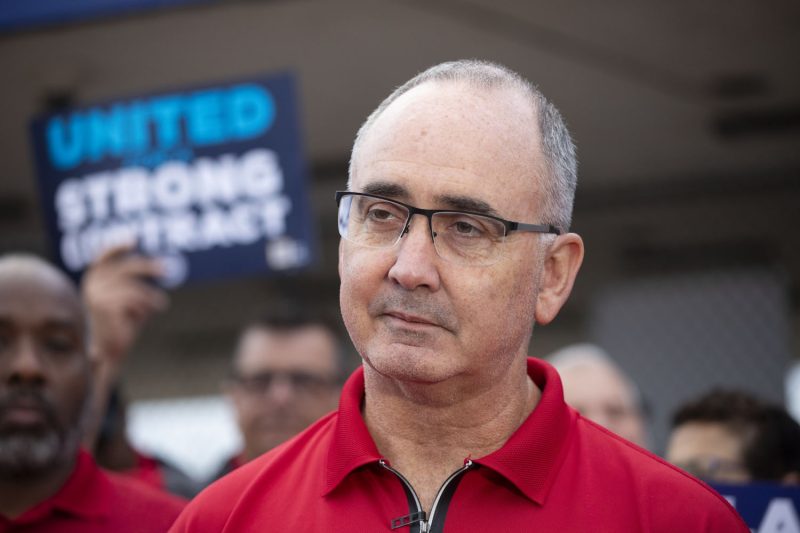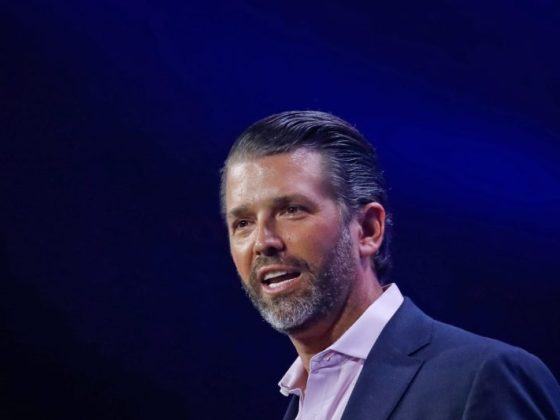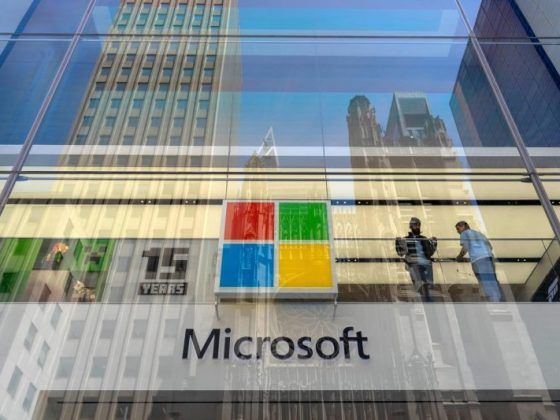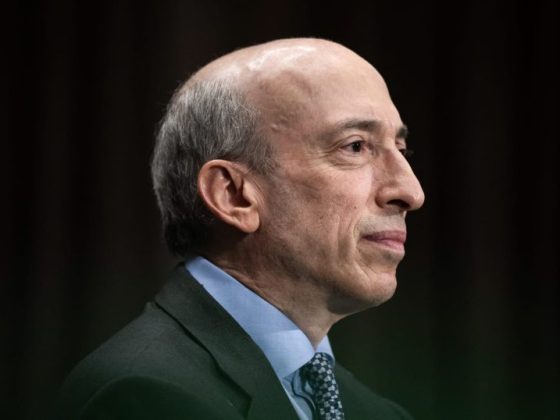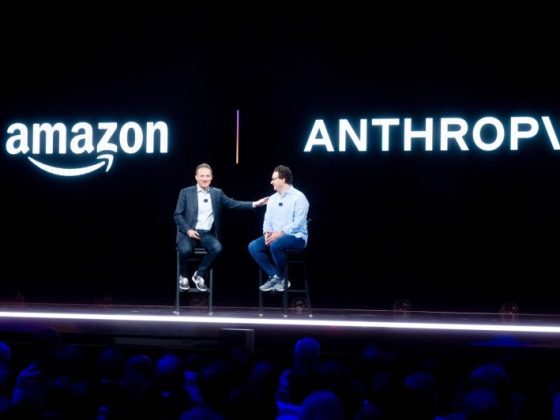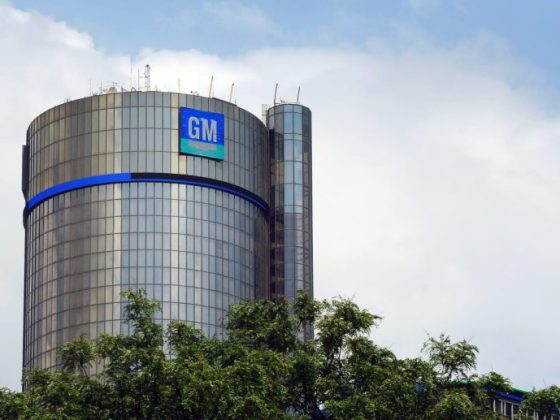In a move that reflects escalating tension between UAW (United Auto Workers) and Mercedes-Benz, the former has challenged the recent union vote, urging the National Labor Relations Board (NLRB) to intercede and organize a new election. This skirmish escalates an already complex debate involving American labor rights, international business diplomacy, and the evolving dynamics of our globalized manufacturing industry.
UAW, one of the largest and most influential labor unions in the United States, represents a significant number of the American autoworker population. It has been trying for years to make headway in representing workers at foreign-owned auto factories scattered across the southern states. However, Mercedes-Benz, a subsidiary of German automaker Daimler AG, is one of the few holdouts yet to be unionized.
The point of contention revolved around the conduct and outcome of the union vote that took place in the Mercedes-Benz production plant located in Vance, Alabama. UAW alleged several irregularities during the electoral process, including threats, coercion, and changes in wages, benefits, and working conditions. Moreover, the labor union insisted that these significant issues influenced the outcome of the vote, thus negating its validity and integrity.
These allegations, if proven to be true, would undoubtedly unlock a new chapter in this ongoing saga and could lead to a severe reputational impact for Mercedes-Benz. It’s worth noting that the underpinning of labor rights in the United States provides certain provisions for workers, including the right to seek representation through labor unions. Any violation of these rights, whether as a result of coercion or manipulation of an electoral process, is a significant issue that demands rectification.
In this context, UAW’s appeal to the NLRB signals faith in institutional mechanisms for labor dispute resolution. The NLRB, an independent federal agency tasked with enforcing United States labor law in relation to collective bargaining and unfair labor practices, is an appropriate and trusted avenue for addressing such grievances.
UAW demands a rerun of the election, under the notion that the workers’ will was not genuinely expressed during the contested vote. However, securing a new election necessitates considerable proof that voter coercion or manipulation exists and that such behavior materially impacted the previous vote’s outcome. It remains to be seen whether UAW can marshal enough substantiating evidence to convince the NLRB of this.
On the other side of the dispute, Mercedes-Benz has maintained that it is committed to maintaining a positive work environment where all employees’ rights get respected, including the right to unionize. However, the company has yet to respond explicitly to the allegations raised by UAW in the wake of the disputed vote.
This development has attracted international attention given the global stature of Mercedes-Benz and UAW’s firepower as a formidable labor union. It has reopened contemporary discussions about foreign companies’ responsibilities operating in the U.S., the evolving status of labor rights, and the response of institutional mechanisms in maintaining the delicate balance between worker organizations and mega-corporations.
Moving forward, all eyes are on the NLRB, as this dispute encapsulates the complex dynamics between workers’ rights, international business interests, and globalized labor markets. Its decision could have profound implications not just for UAW and Mercedes-Benz but also for the future relationship between labor unions and foreign automakers operating in the United States.

